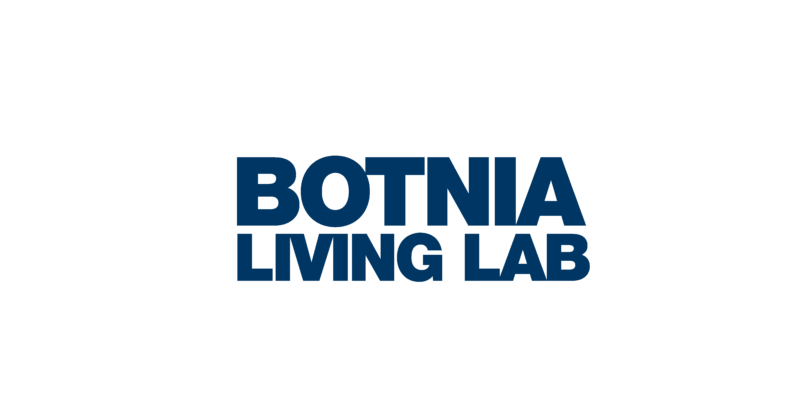Historically Labelled Living Labs
Since its formation in 2006 ENoLL has labelled 440+ Living Labs. See the full list of Labelled Living Labs who are not active members of the network.
 Botnia Living Lab
Botnia Living Lab
Botnia Living Lab is an environment in Sweden for human-centric research and the development and innovation of new ICT based solutions. Botnia started in 2000 and has matured from a test-bed to a real-life experimentation environment. Today Botnia is a world-leading environment for user-centred research, development and innovation (RDI), supported by methods, tools and experts in a variety of areas. With its focus on advanced IT services and products, Botnia´s strategy is to be independent from (geographically) fixed assets and essentially, service experimentation is relying on readily available hardware and communication infrastructure.
In Botnia Living Lab the aim is to contribute to the creation of a better society through digital innovations in collaboration with e.g. cities and regions, SMEs, large companies, associations, researchers and end-users. We do this by supporting the process of developing digital service innovations in which we include multiple stakeholders focusing in particular on the end-users. In this process we support the evolvement of innovations from the early exploratory needfinding phases, through the iterative process of designing the service by experimenting, piloting and evaluating in real world situations.
Our Services:
Botnia Living Lab is active in different application areas related to the development of Smart cities and regions. These application areas are Privacy and Trust, Big data, IoT, Energy efficiency and eBusiness
Botnia Living Lab offers the development, evaluation and tests of new ICT-based ideas, concepts and prototypes with end-users independently and in situ – users are engaged in their real reality! Our track-record includes more than 100 user-studies and trials in different domains such as mobile marketing, e-learning, sports and culture, energy saving, Smart City applications, e-democracy and security. The Living Lab services are being developed in close collaboration with researchers at Luleå University of Technology and in partnership with different stakeholders. One good example of Botnia´s assets generated by our applied research is the Form-IT Living Lab methodology. This is an iterative and interactive process in several steps used by us and our partners, for user-engagement in all phases of the development of an IT based service/product from early needfinding to beta-trial and pre-market launch.
Botnia Living Lab is a member of the ENoLL Council.

FormIT is a human-centred approach to develop IT-based smart city solutions with an iterative and interactive process with strong
stakeholder engagement. It aims to facilitate development of innovative smart city solutions that are based on a holistic understanding of people’s needs and values, paying due considerations to issues of equality, autonomy and control in relation to actual use situations. FormIT is grounded in the theoretical streams of soft systems thinking (Checkland, 1991; Checkland & Scholes, 1990), appreciative inquiry (Cooperrider & Avital 2004, Norum, 2001) and needfinding (Patnaik & Becker, 1999).
The process consists of three cycles; Concept Design, Prototype Design and Innovation Design. Each of these cycles has four phases, Explore, Create, Implement and Evaluate. In these phases the aim is to focus on identifying and working with the strengths in a particular situation and to build on that to ensure that future smart city solutions will create value.
Hence, the core of FormIT is to focus on the opportunities that a specific situation holds and to build on the strengths in a situation to ensure that the future smart city solution will create value and not only solve a problem. FormIT is also centred on understanding people’s needs and values and to use these as basis for the development of the innovation. Hence, a specific target is to gain deep insights into people’s thoughts, dreams, values and wishes and to co-create solutions with the stakeholders. In addition, FormIT actions are implemented in real world contexts which mean that people’s real experiences from interacting or being exposed to a smart city solution guide the creation of the smart city innovation.
Living Lab Methodology Handbooks
This handbook is based upon results from the Nordic cross-border Living Lab project SmartIES on energy savings involving the two ENoLL members Botnia and Wireless Trondheim and Living Lab partners from Denmark, Iceland and Lithuania. It includes evaluation of the FormIT Living Lab methodology as well as Living Lab key-principles for Living Lab operations. The resource also includes detailed guidelines for applying the methodology in each phase of the Living Lab operation. Target-users of the handbook are Living Lab practitioners and Living Lab stakeholders.
Since its formation in 2006 ENoLL has labelled 440+ Living Labs. See the full list of Labelled Living Labs who are not active members of the network.